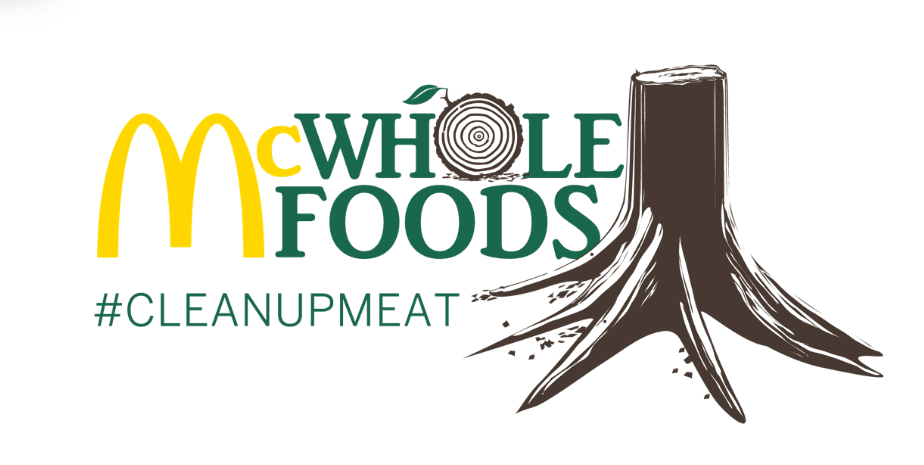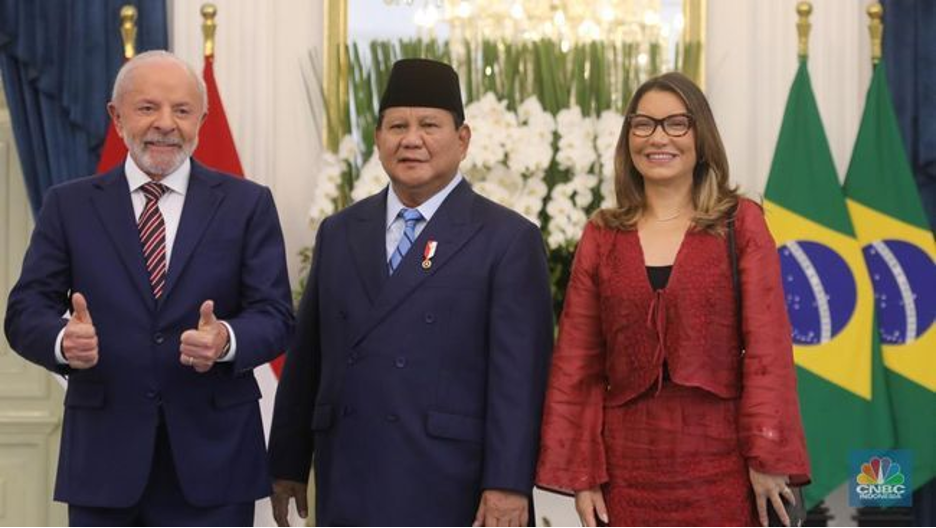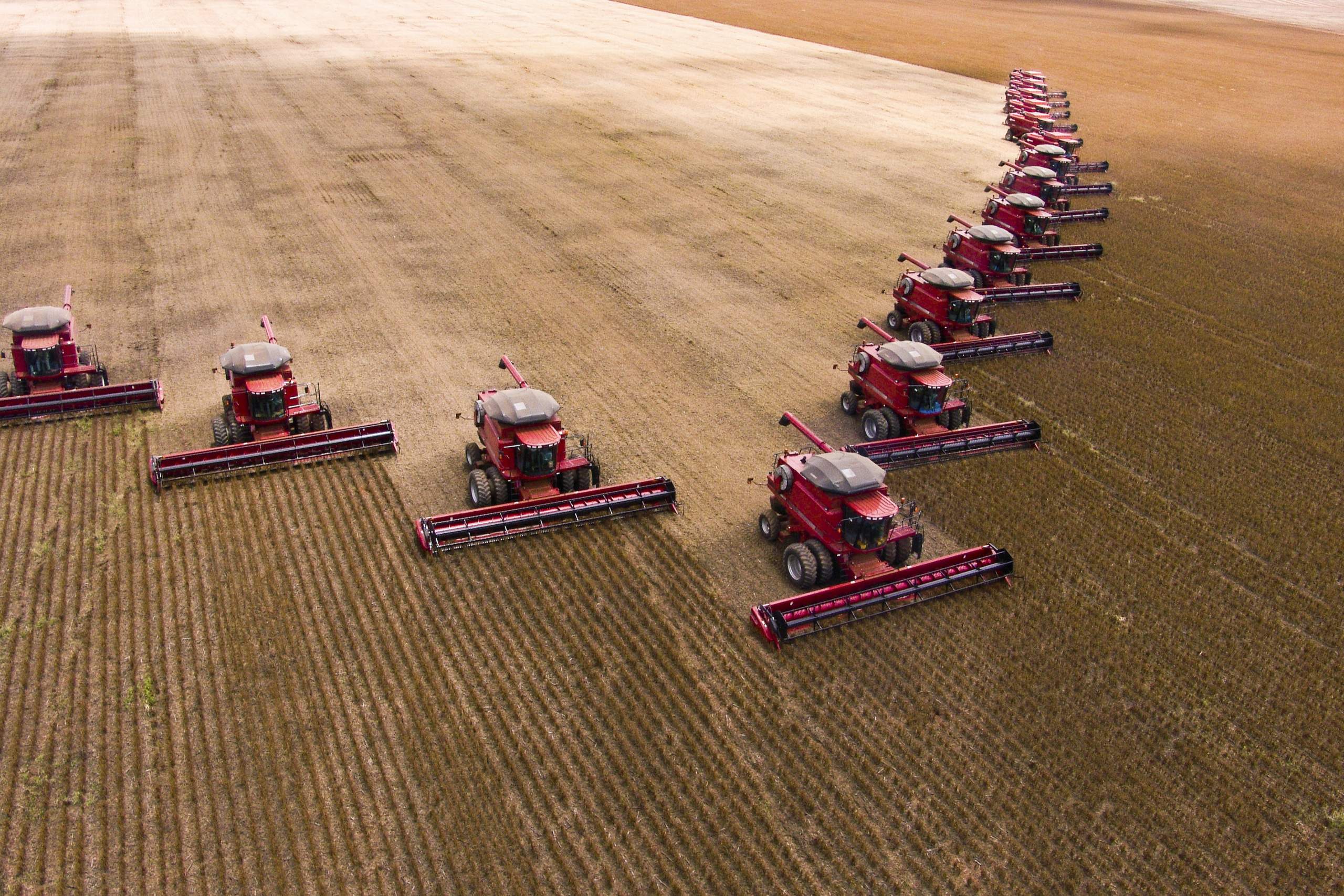
Whole Foods CEO John Mackey Stumbles on Sustainability
“It’s an impossible request…if we tried to do it we would ruin our business and go bankrupt”
That’s what Whole Foods CEO James Mackey said when asked how his company can address sustainability standards throughout its supply chain. At a conversation hosted by the Texas Tribune, John Mackey was asked what Whole Foods was doing to address its supply chain’s climate impact.
His answer: “We have literally tens of thousands of suppliers to our company. I always think it’s unfair to ask a business to hold absolutely every one of its suppliers up to some sort of activist standard…I cannot account for the probably 30,000 suppliers we deal with. It’s an impossible request…”
Watch the full exchange:
Video by The Texas Tribune . This video has been edited for length. You can view the full interview here.
But companies setting standards for their suppliers is far from unfair or impossible – it’s a common, effective tactic for making change. Consider:
- Walmart and Tesco have supply-chain-wide greenhouse gas reduction targets that hold their suppliers accountable for reducing greenhouse gas emissions – exactly what Mr. Mackey was asked about.
- Despite Mr. Mackey’s claims, Whole Foods does in fact set “activist” standards for its suppliers (see, for example, its animal welfare guidelines).
- The Whole Foods brand is built on customers’ trust that they are buying high quality, healthy, and sustainable food from responsible suppliers.
Whole Foods has, quite simply, fallen behind on this point. While its competitors address their climate impacts down to the individual farm level, Whole Foods does not appear to have made progress on (or updated) its 2012 greenhouse gas commitment, which only applied to its own operations. And it continues to buy meat from some of the most polluting companies in America, including Tyson Foods and the same suppliers that sell to McDonald’s.
Mighty Earth has called on Whole Foods to set clear environmental standards for its meat, requiring its suppliers to reduce water pollution and greenhouse gas emissions. Over 160,000 customers have signed petitions urging Mr. Mackey to set environmental standards for the meat Whole Foods sells, yet this dismissive comment has been the company’s only response.
You can see background materials on Mighty Earth’s campaign here and here, as well as an op-ed published in the Texas Tribune in June. I am also happy to put you in touch with Lucia von Reusner, Mighty Earth’s US Agriculture Campaign Director, if you have any questions.


